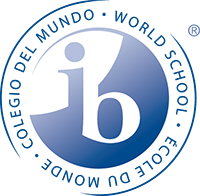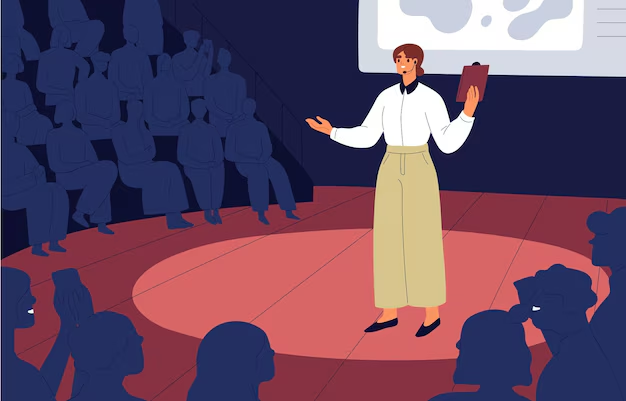Public speaking is mainly seen as a skill reserved to politicians or motivational speakers.However, in reality, it is an essential life skill that benefits students in various ways both inside and outside the classroom. While standing in front of a crowd and delivering a speech might seem frightening, learning how to communicate successfully can improve confidence, increase career opportunities, and even help students perform better in school. Here are some of the many reasons why public speaking is beneficial and how to do a good job at it.
Boosts Confidence and Reduces Fear
Many students feel anxiety or stress when having to speak in front of their classmates or any larger audience. This fear is natural, but public speaking can be practiced and improved over time. By engaging in regular presentations or debates, students can build confidence in expressing their thoughts clearly. Overcoming stage fright not only helps with school presentations but also prepares students for future situations, such as job interviews or leadership roles.
Enhances Communication Skills
Today, the ability to speak clearly and persuasively is crucial. Public speaking teaches students how to structure their thoughts, use appropriate tone and body language, and engage an audience effectively. These skills are useful for everyday interactions, making students better at explaining ideas, working in teams, and clearly expressing themselves.
Prepares Students for Future Careers
Public speaking is most likely a necessary skill in any career path that a student chooses. Whether it’s teaching others, leadership, or networking, effective communication is essential in almost every profession. Many universities and employers want individuals who can present their ideas with confidence, making public speaking a valuable skill.
Helps Overcome Social Anxiety
Nowadays, more and more students struggle with social anxiety, which is why practicing public speaking might be crucial for everyday life.
Tips for Better Public Speaking
The following are tips adapted from tips on public speaking by Harvard University:
1. Practice regularly – The more you speak, the more comfortable you become.
2. Know your topic – Understanding your subject and being confident with your knowledge of the material you prepared is important.
3. Speak clearly and slowly – Rushing can make it harder for people to understand you. Moreover, it can make you lose yourself in all the material.
4. Engage the audience – Maintain eye contact and use gestures to make your speech interesting. If you are having a presentation, you may also include Q&As.
5. Be aware of body language – Stand tall (good posture), include little gestures andtry to seem confident on stage.
6. Start with a strong opening – You can start with an opening question, quote or interesting fact.
7. Practice with different audiences – It is important for you not to get too confident in front of your old audience and try to adapt to new environments.
Examples
Since we are giving you tips on how to deliver an excellent speech, here are 2 examples of very professional and touching speeches:
Malala Yousafzai’s 2013 UN speech on girls’ education. She used powerful words, she was clear and confident while delivering a strong message: “One child, one teacher, one book, and one pen can change the world.”
Martin Luther King Jr.’s “I Have a Dream” speech was full of various emotions while he was talking about racial equality. He used repetition of his iconic line “I have a dream.”
Both speeches include powerful words delivered with passion which is, at the end, one of the most important qualities for public speech.
Conclusion
Public speaking builds confidence, improves communication, and prepares students for the future, no matter what career they choose. Even though speaking in front of others might feel frightening at first, with practice, it gets easier. Great speakers like Malala Yousafzai and Martin Luther King Jr. show how powerful words can be when spoken with confidence and passion. Learning public speaking gives students the chance to express themselves, share ideas, and make a difference in the world.





